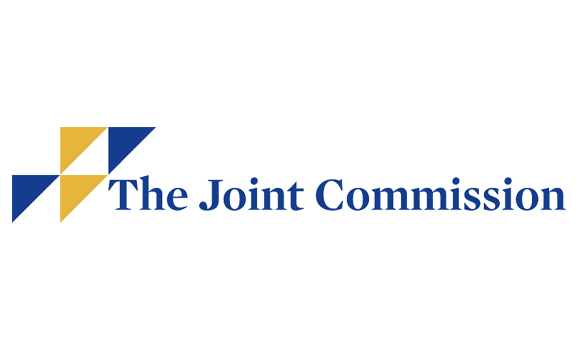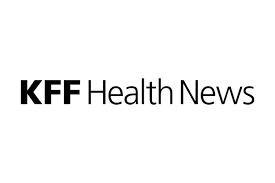
Editor's Note A Johns Hopkins team is reporting unprecedented success in preventing pancreatic cancer recurrence by combining pre-surgical and intraoperative radiation focused on a key anatomical area near the pancreas, News Medical Life Sciences October 30 reports. Citing a Johns Hopkins Medicine preliminary study, this approach reportedly reduced recurrence around…

Editor's Note Hospitals will soon face stronger accountability for suicide prevention, as The Joint Commission prepares to implement “National Performance Goal (NPG) 8” on January 1, 2026, its September 3 news update reports. The goal, titled “The hospital reduces the risk for suicide,” replaces current requirements under “National Patient Safety…
Editor's Note A recent article in AORN Journal underscores the need for vigilance and thorough documentation to manage postoperative mental status changes and prevent harm to both patients and staff. As detailed in the article, cognitive disturbances such as delirium and agitation can complicate recovery after surgery. Delirium is characterized…

Editor's Note A growing subset of cosmetic surgery chains, some backed by private equity, have been named in multiple lawsuits alleging serious patient harm, according to an August 1 article in KFF Health News. Based on a joint investigation with NBC News, the outlets reports that chains offering body-reshaping operations…

Editor’s Note: This page is a companion piece to the main article, Emergency preparedness: Identifying essential supplies for unplanned surgical events. While the main article outlines the principles of emergency readiness and supply preparation in the OR, the posts below offer a closer look at two key implementation areas: Supply…

While most emergency surgical procedures are carried out uneventfully and safely, the OR is also a place where potentially life-threatening and least-expected instances can arise. Emergencies such as malignant hyperthermia, intraoperative cardiac arrest, and anaphylaxis can catch OR leaders and staff off guard. Perioperative teams need proper and adequate preparation…

Editor's Note The US Food and Drug Administration (FDA) issued an early alert for Baxter’s Novum IQ Large Volume Pumps (Model 40700BAXUS) due to potential for underinfusion when transitioning from a flow rate to a higher flow rate (eg, rate change or bolus). According to the agency’s July 22…

Editor's Note B Braun Medical is recommending certain microbore extension sets—single use, disposable, add-ons for infusion, injection, or aspiration—be removed from anywhere they are used or sold, according to a July 17 announcement from the US Food and Drug Administration (FDA). According to FDA’s early alert, the recall was motivated…

Editor's Note Recent early alerts from the US Food and Drug Administration (FDA), issued when the agency becomes aware of potentially high-risk issues, involve Abiomed’s Automated Impella Controller (AIC) and infusion pump software from Baxter. The AIC system, which is the user control interface for the Impella catheter blood pump,…

Editor's Note New research shows surgical patients in the US face a significantly greater risk of food insecurity than nonsurgical patients, even after adjusting for demographic and socioeconomic differences. Findings also point to potential underutilization of the Supplemental Nutritional Assistance Program (SNAP) benefits among surgical patients, study authors write. …